This website uses cookies
We, and third parties, use cookies on our website. We use cookies to ensure that our website functions properly, to store your preferences, to gain insight into visitor behavior, but also for marketing and social media purposes (showing personalized advertisements). By clicking 'Accept', you agree to the use of all cookies. In our Cookie Statement. you can read more about the cookies we use and save or change your preferences. By clicking 'Refuse' you only agree to the use of functional cookies.
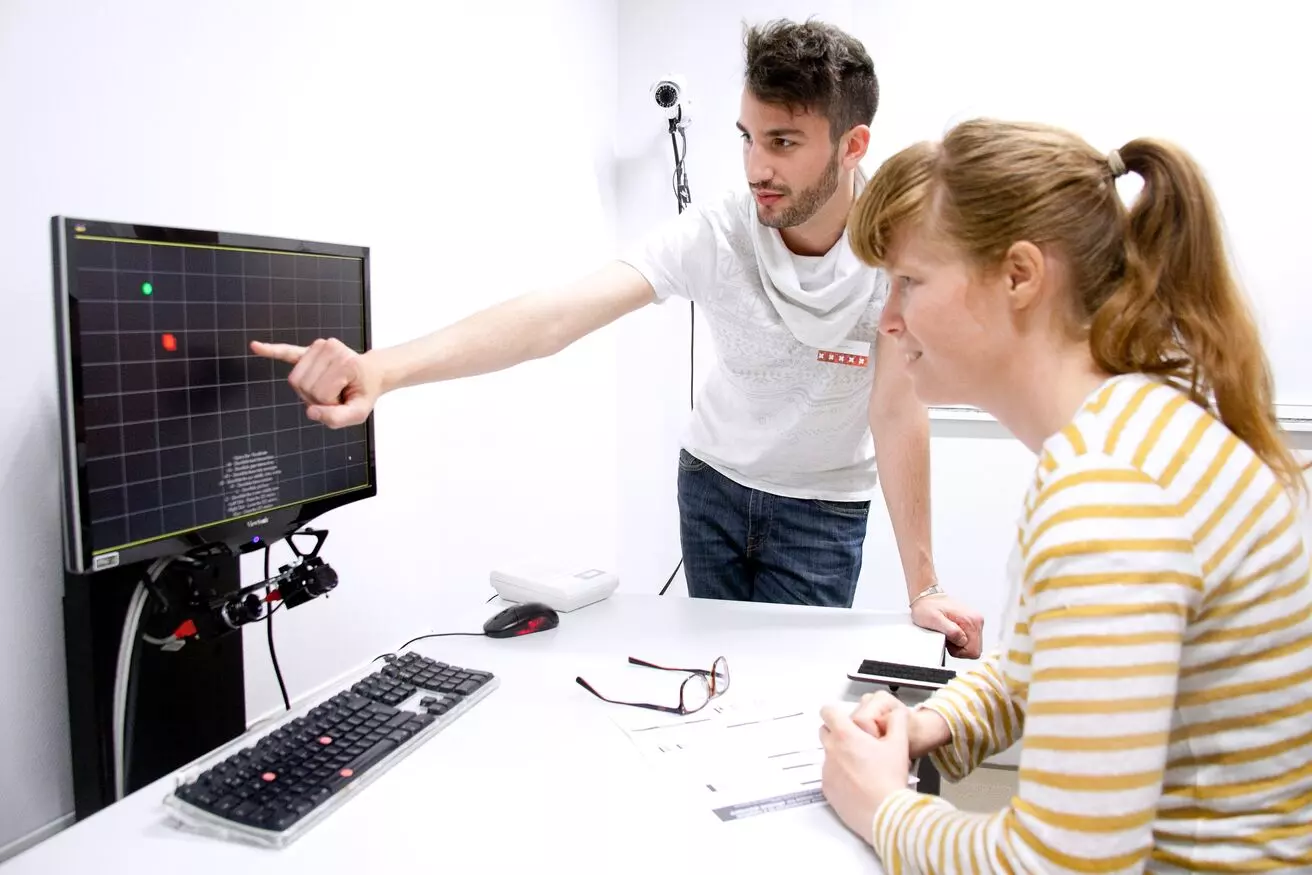
Do you enjoy using statistical approaches to study biological problems? Are you interested in developing and applying computational methodologies to investigate plant-microbiome-interactions? We invite enthusiastic and dedicated candidates to join our cutting-edge research team as a postdoctoral researcher to work on developing novel approaches to integrate plant microbiome and omics data.
Postdoc in Integrating Plant Microbiome Omics Data for Causal Inference
- Faculty of Science
- 14616
- PhD
- €3.546 - €5.538
- Closes on15-12-2025

Do you enjoy using statistical approaches to study biological problems? Are you interested in developing and applying computational methodologies to investigate plant-microbiome-interactions? We invite enthusiastic and dedicated candidates to join our cutting-edge research team as a postdoctoral researcher to work on developing novel approaches to integrate plant microbiome and omics data.
Postdoc in Integrating Plant Microbiome Omics Data for Causal Inference
- Faculty of Science
- 14616
- PhD
- €3.546 - €5.538
- Closes on15-12-2025
Working at the UvA
Join us!
The position is part of MiCRop a government-funded research programme in the Netherlands that includes world-leading research institutes and private partners. You will actively interact with a vibrant community of PhD candidates and postdocs and apply your methodologies to the rich datasets available within the consortium. The programme builds on and fosters many national and international collaborations with researchers studying plant and microbial interactions, metabolism, ecology, and (meta-)genomics.

Working at the UvA
Join us!
The position is part of MiCRop a government-funded research programme in the Netherlands that includes world-leading research institutes and private partners. You will actively interact with a vibrant community of PhD candidates and postdocs and apply your methodologies to the rich datasets available within the consortium. The programme builds on and fosters many national and international collaborations with researchers studying plant and microbial interactions, metabolism, ecology, and (meta-)genomics.
All about this vacancy
This is what you will do
The focus of this project is on the inference of causal relationships based on microbiome, metabolome, transcriptome, and phenotype measurements, in order to understand how microbial communities impact plant health, growth, and resilience. In doing so, you will make use of biological knowledge related to these multi-omics datasets, e.g. related to microbial functions or pathways. Application of the developed approaches will facilitate the identification of modules of microbial species, genes, or metabolites significantly associated with plant phenotypes. These can in turn be experimentally tested by MiCRop partners.
You will be part of the Biosystems Data Analysis (BDA) group of the Swammerdam Institute for Life Sciences at the University of Amsterdam (UvA). BDA works on the development of methodology for data mining, machine learning/deep learning, data fusion, and modelling and application of these methods to answer biological questions, in close collaboration with domain experts.
You will work on the following research objectives:
- Develop methodology for the inference of causal relationships based on microbiome, metabolome, plant transcriptome and phenotype measurements.
- Incorporate biological knowledge, e.g. related to microbial functions or pathways, into this inference approach.
- In collaboration with other researchers in the project, apply the methodology to datasets of interest within the MiCRop consortium.
Tasks and responsibilities
You will:
- develop statistical computational methodology for causal inference;
- make use of available and newly obtained omics datasets as input for your approaches;
- collaborate with both experimental researchers as well as with bioinformatics/systems biology researchers (e.g. other postdocs and PhD candidates working in the MiCRop project);
- provide data analysis support within MiCRop, e.g. by organizing training events or Q&A sessions;
- be an active member of the research group and take responsibility for shared tasks; discuss your work with the group members and during BDA and MiCRop meetings; incorporate feedback and give input to others;
- take a leading role in writing manuscripts;
- assist in teaching and supervise Bachelor and Master theses.
This is what we ask of you
You are passionate about science and have a particular interest in the development and application of computational methodology in biology. You enjoy close collaboration with domain experts. You have a creative mind and look forward to work at the cutting-edge of computational technology. Finally, you are a team player and a pleasant colleague who enjoys being part of an interdisciplinary team of computational researchers and microbiome scientists.
Your experience and profile:
You have/are
- a PhD in Data Science, Artificial Intelligence, Bioinformatics, Systems Biology or similar;
- experience with multivariate data such as omics or microbiome data; experience in causal inference is a plus
- able to communicate with non-experts on bioinformatics and/or statistics issues;
- a professional command of English.
Our offer
We offer a temporary contract for 38 hours per week for the duration of 4 years (the initial contract will be for a period of 12 months and after satisfactory evaluation it will be extended for a total duration of 4 years). The preferred starting date is February 1st, 2026.
Based on a full-time appointment (38 hours per week) the gross monthly salary will range between €3,546 and €5,538 (scale 10) in the last year. This does not include 8% holiday allowance and 8,3% year-end allowance. The Collective Labour Agreement of Universities of the Netherlands is applicable.
Besides the salary and a vibrant and challenging environment at Science Park we offer you multiple fringe benefits:
- 232 holiday hours per year (based on fulltime);
- multiple courses to follow from our Teaching and Learning Centre;
- the possibility to follow courses to learn Dutch;
- help with housing for a studio or small apartment when you’re moving from abroad.
Are you curious to read more about our extensive package of secondary employment benefits, take a look here.
All about this vacancy
This is what you will do
The focus of this project is on the inference of causal relationships based on microbiome, metabolome, transcriptome, and phenotype measurements, in order to understand how microbial communities impact plant health, growth, and resilience. In doing so, you will make use of biological knowledge related to these multi-omics datasets, e.g. related to microbial functions or pathways. Application of the developed approaches will facilitate the identification of modules of microbial species, genes, or metabolites significantly associated with plant phenotypes. These can in turn be experimentally tested by MiCRop partners.
You will be part of the Biosystems Data Analysis (BDA) group of the Swammerdam Institute for Life Sciences at the University of Amsterdam (UvA). BDA works on the development of methodology for data mining, machine learning/deep learning, data fusion, and modelling and application of these methods to answer biological questions, in close collaboration with domain experts.
You will work on the following research objectives:
- Develop methodology for the inference of causal relationships based on microbiome, metabolome, plant transcriptome and phenotype measurements.
- Incorporate biological knowledge, e.g. related to microbial functions or pathways, into this inference approach.
- In collaboration with other researchers in the project, apply the methodology to datasets of interest within the MiCRop consortium.
Tasks and responsibilities
You will:
- develop statistical computational methodology for causal inference;
- make use of available and newly obtained omics datasets as input for your approaches;
- collaborate with both experimental researchers as well as with bioinformatics/systems biology researchers (e.g. other postdocs and PhD candidates working in the MiCRop project);
- provide data analysis support within MiCRop, e.g. by organizing training events or Q&A sessions;
- be an active member of the research group and take responsibility for shared tasks; discuss your work with the group members and during BDA and MiCRop meetings; incorporate feedback and give input to others;
- take a leading role in writing manuscripts;
- assist in teaching and supervise Bachelor and Master theses.
This is what we ask of you
You are passionate about science and have a particular interest in the development and application of computational methodology in biology. You enjoy close collaboration with domain experts. You have a creative mind and look forward to work at the cutting-edge of computational technology. Finally, you are a team player and a pleasant colleague who enjoys being part of an interdisciplinary team of computational researchers and microbiome scientists.
Your experience and profile:
You have/are
- a PhD in Data Science, Artificial Intelligence, Bioinformatics, Systems Biology or similar;
- experience with multivariate data such as omics or microbiome data; experience in causal inference is a plus
- able to communicate with non-experts on bioinformatics and/or statistics issues;
- a professional command of English.
Our offer
We offer a temporary contract for 38 hours per week for the duration of 4 years (the initial contract will be for a period of 12 months and after satisfactory evaluation it will be extended for a total duration of 4 years). The preferred starting date is February 1st, 2026.
Based on a full-time appointment (38 hours per week) the gross monthly salary will range between €3,546 and €5,538 (scale 10) in the last year. This does not include 8% holiday allowance and 8,3% year-end allowance. The Collective Labour Agreement of Universities of the Netherlands is applicable.
Besides the salary and a vibrant and challenging environment at Science Park we offer you multiple fringe benefits:
- 232 holiday hours per year (based on fulltime);
- multiple courses to follow from our Teaching and Learning Centre;
- the possibility to follow courses to learn Dutch;
- help with housing for a studio or small apartment when you’re moving from abroad.
Are you curious to read more about our extensive package of secondary employment benefits, take a look here.
Your place at the UvA
Where you will work
The Swammerdam Institute for Life Sciences (SILS) is located at the vibrant Amsterdam Science Park. SILS is one of eight institutes of the University of Amsterdam's Faculty of Science (FNWI). With around 240 employees, SILS carries out internationally high-quality life science research and provides education within various university programs. Research is also carried out in close cooperation with the medical, biotech, chemical, flavor, food & agricultural, and high-tech industries, and revolves around 4 main themes, Cell & Systems biology, Neurosciences, Microbiology and Green Life Sciences.
More about the UvA
Your place at the UvA
This is where you will be working
Where you will work
The Swammerdam Institute for Life Sciences (SILS) is located at the vibrant Amsterdam Science Park. SILS is one of eight institutes of the University of Amsterdam's Faculty of Science (FNWI). With around 240 employees, SILS carries out internationally high-quality life science research and provides education within various university programs. Research is also carried out in close cooperation with the medical, biotech, chemical, flavor, food & agricultural, and high-tech industries, and revolves around 4 main themes, Cell & Systems biology, Neurosciences, Microbiology and Green Life Sciences.
More about the UvA
Important to know
Your application & contact
If you feel the profile fits you, and you are interested in the job, we look forward to receiving your application. We accept applications until and including 15 December 2026.
Do you have questions or require additional information? Please contact:
- prof. dr. Aalt-Jan van Dijk ([email protected])
- T: +31 20 525 5519
Applications should include the following information (all files besides your cv should be submitted in one single pdf file):
- a detailed CV including the months (not just years) when referring to your education and work experience;
- a letter of motivation;
- the names and email addresses of two references who can provide letters of recommendation.
A knowledge security check can be part of the selection procedure (for details: national knowledge security guidelines). The interviews will be held in December 2025 or January 2026.
Diversity, Equity & Inclusion
Important to know
Your application & contact
If you feel the profile fits you, and you are interested in the job, we look forward to receiving your application. We accept applications until and including 15 December 2026.
Do you have questions or require additional information? Please contact:
- prof. dr. Aalt-Jan van Dijk ([email protected])
- T: +31 20 525 5519
Applications should include the following information (all files besides your cv should be submitted in one single pdf file):
- a detailed CV including the months (not just years) when referring to your education and work experience;
- a letter of motivation;
- the names and email addresses of two references who can provide letters of recommendation.
A knowledge security check can be part of the selection procedure (for details: national knowledge security guidelines). The interviews will be held in December 2025 or January 2026.
Other interesting vacancies for you
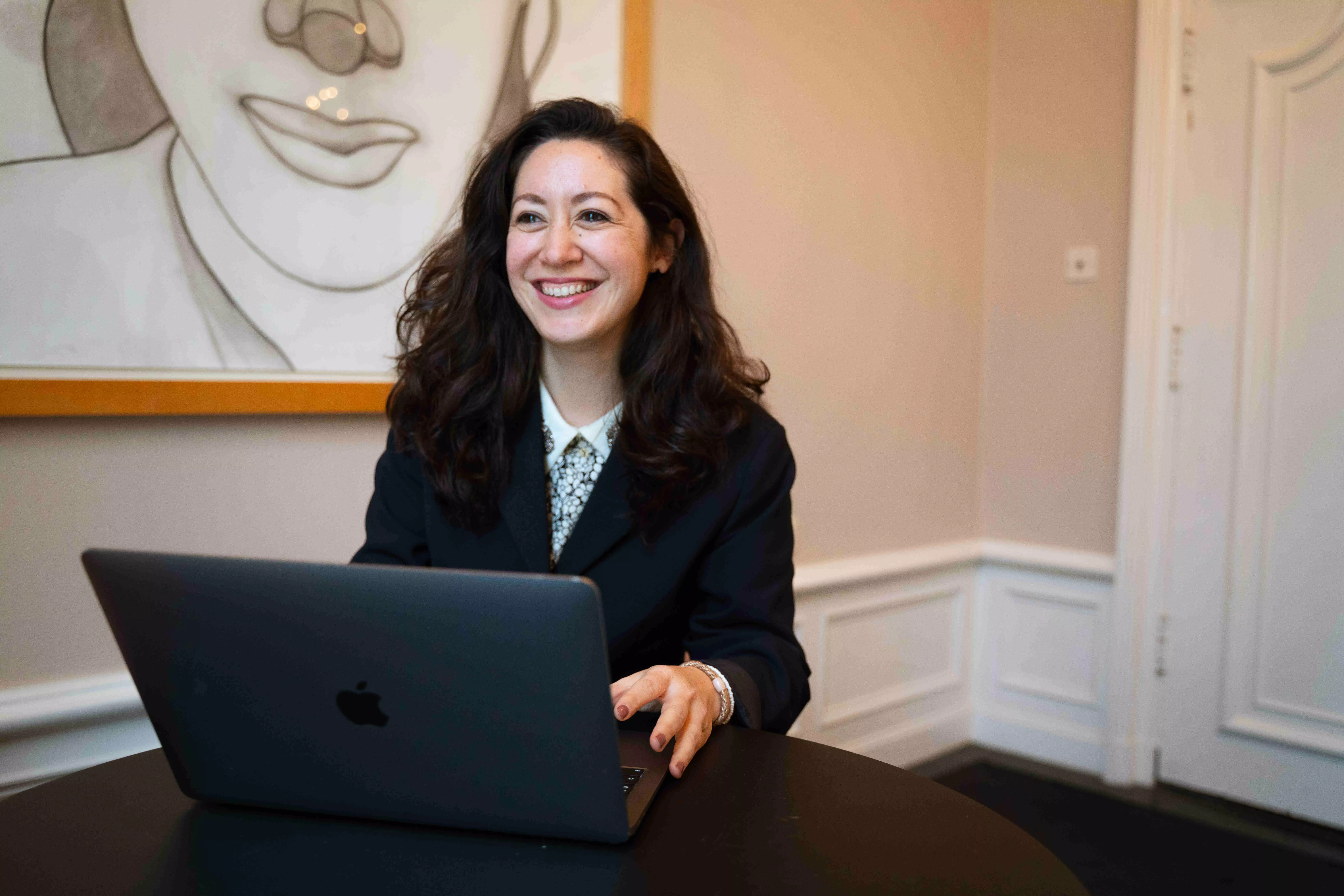
Dean PPLE College (internal vacancy)
- Amsterdam Law School
- €7.403 - €10.441
- PhD
- Closes on15-12-2025
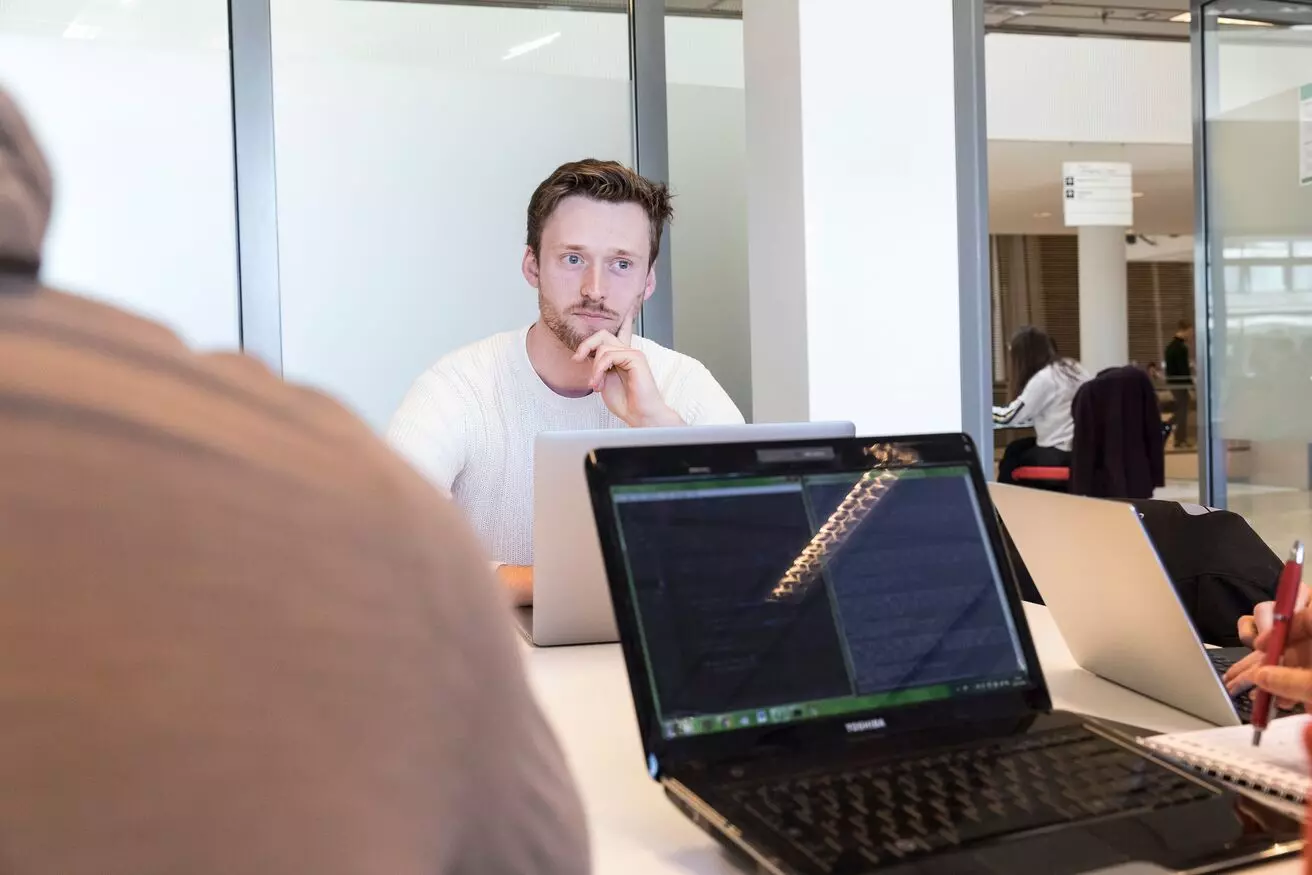
Two PhD Positions in Computational Social Choice for Digital Democracy
- Faculty of Science
- €3.059 - €3.881
- Master's
- Closes on16-02-2026

Postdoc position: Algebraic Complexity, Asymptotic Spectra and Tensors
- Faculty of Science
- €3.546 - €5.538
- PhD
- Closes on31-12-2025
Other interesting vacancies for you
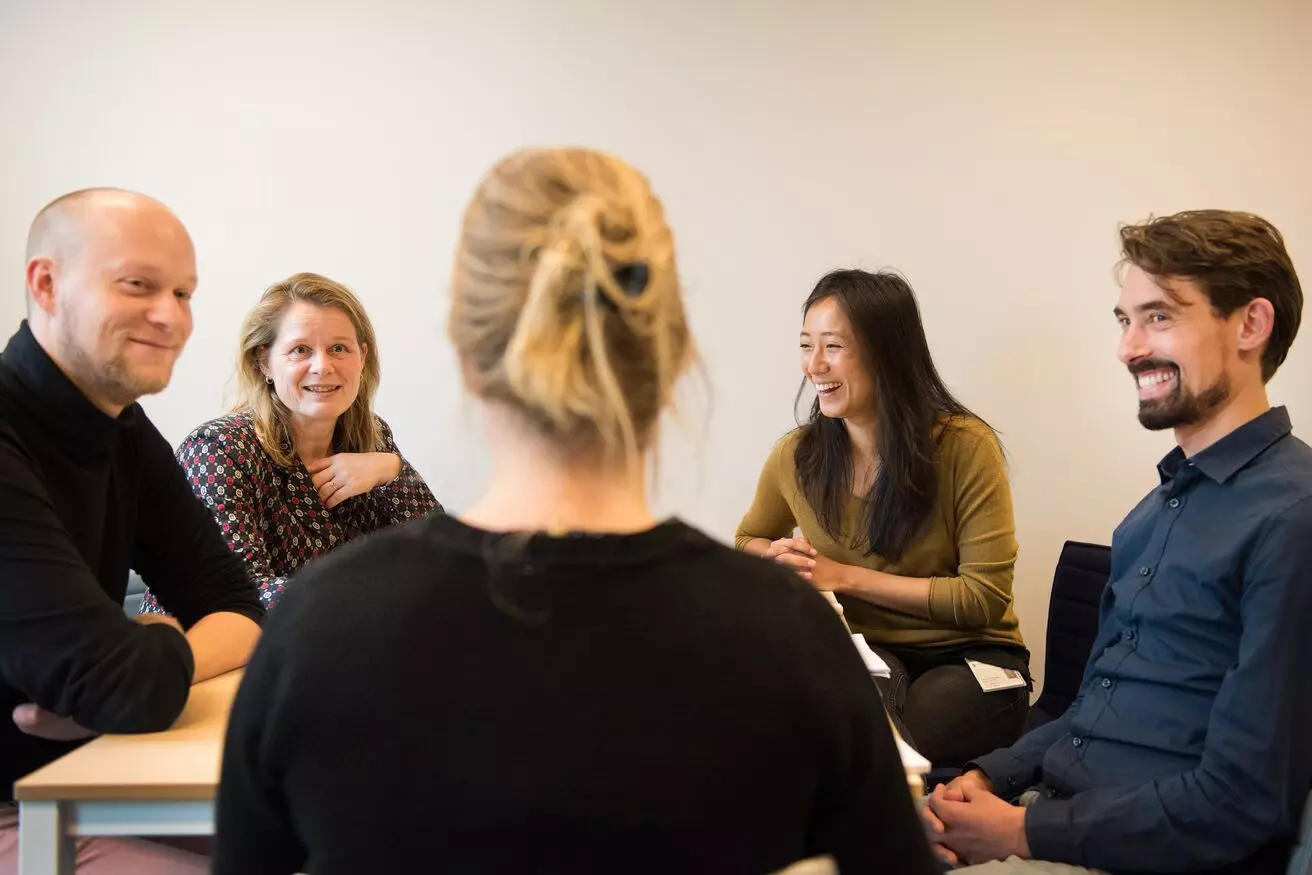
Dean PPLE College (internal vacancy)
- Amsterdam Law School
- €7.403 - €10.441
- PhD
- Closes on15-12-2025
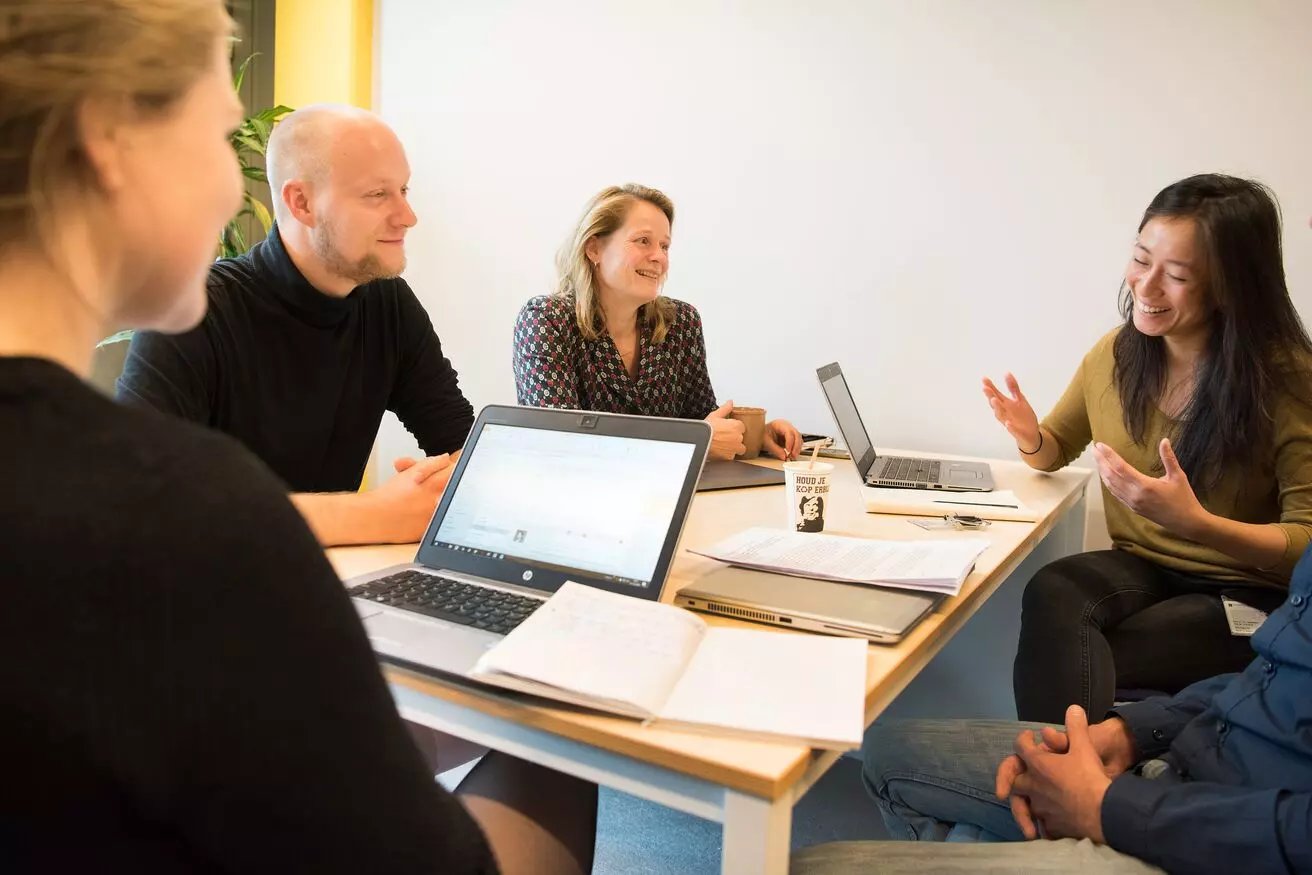
Two PhD Positions in Computational Social Choice for Digital Democracy
- Faculty of Science
- €3.059 - €3.881
- Master's
- Closes on16-02-2026
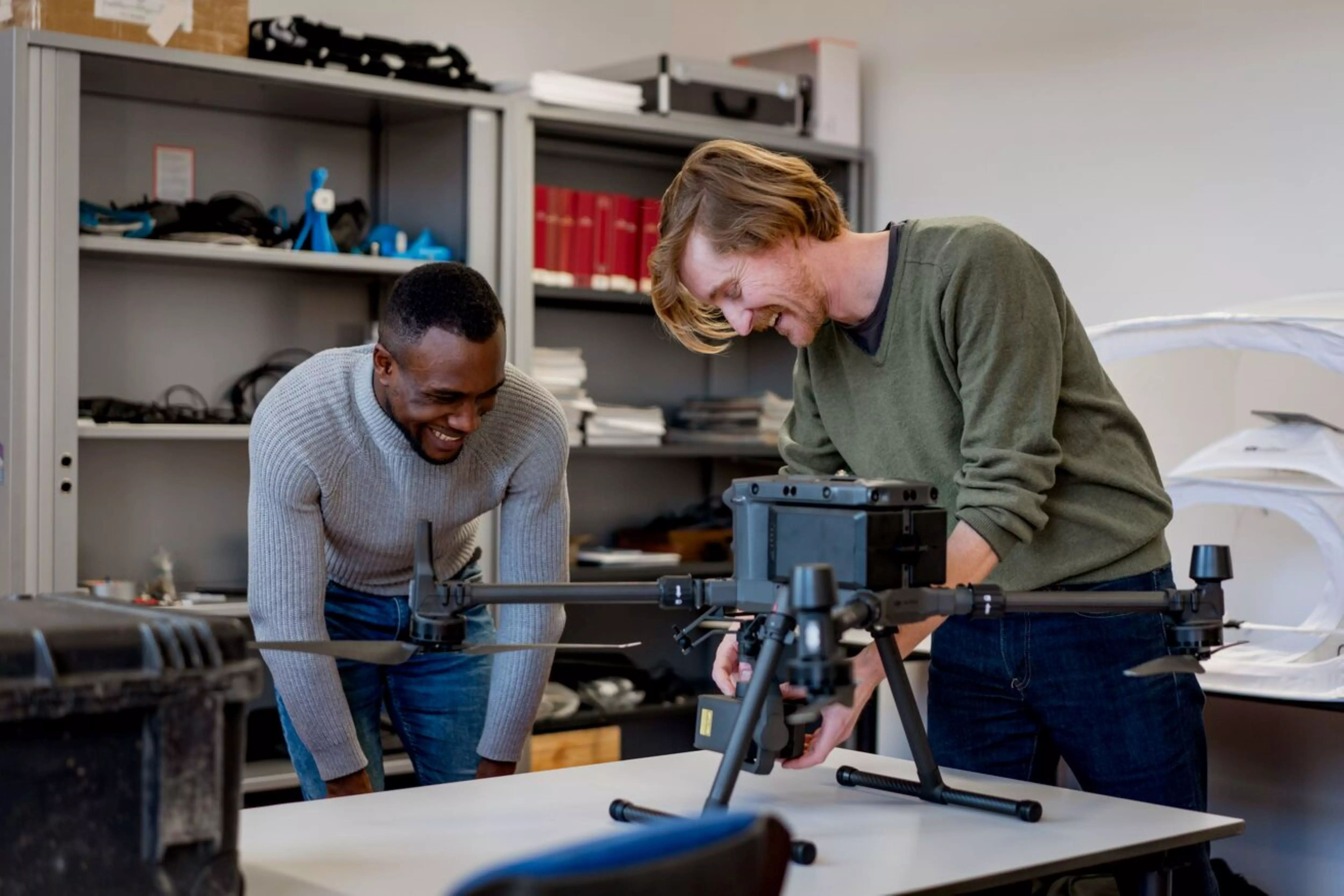
Postdoc position: Algebraic Complexity, Asymptotic Spectra and Tensors
- Faculty of Science
- €3.546 - €5.538
- PhD
- Closes on31-12-2025

Don't miss out on your dream job!

